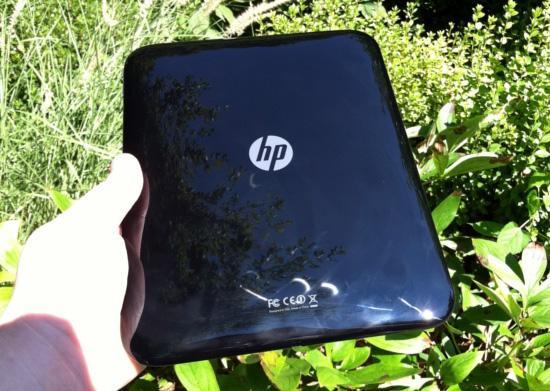
Companies fight hard to earn brand loyalty. It's one reason why brands exist in the first place: so you have something to love. We've seen it from different companies at different times. Motorola's relaunched their RAZR brand in hopes that all this folks who fell in love with the original, way back when, would find some dormant feelings towards the new products. Apple's iPhone; Verizon's DROID; Samsung's GALAXY. All of these companies have put their best foot forward when it comes to making their best brands stand out to the customer, all to varying degrees of success.
Brand loyalty is a hard thing to earn, but if it's successful than it (possibly) means you've got a customer for life, and that's the best scenario possible. These are the folks that will always buy HTC, or always prefer Windows Phone over anything else. These are the customers who have found the perfect reason to own a specific device, or support a particular platform, and can't justify a reason to leave it. Not because the other thing may not be good, or even as good, but simply because they've fallen in love with what they've been using for years.
Ah, but that's the trick, isn't it? Some of these companies try their best to get you as loyal as possible right out of the gate, as soon as it's physically possible. Whether it's with the best hardware available, or a buffet of features, or maybe an amazing camera, there's something in the smartphone you're holding that was meant to win you over the moment you picked it up. Something, buried in the hardware or floating at the top in the software, that was meant to win you over and keep you coming back.
Brand loyalty is also something that can be lost in an instant, or never even given a chance.
Earlier today, Alex wrote a report on a statement made by HP's Director of Consumer PC and Media Tablets for Asia Pacific, Yam Su Yin. In that statement, made to the Press Trust of India, Yam Su Yin says that her firm is currently developing a new smartphone device. She goes on to say that the new device will offer up a "differentiated experience."
"It would be silly if we say no. HP has to be in the game," Yam Su Yin said.
No, HP, you don't have to be. In fact, I think you threw your white flag into that particular ring back in 2011 when you "discontinued operations" on webOS-based devices. Sure, you did the right thing by going the open source route with the mobile operating system, but that's just not good enough. You may still be supporting webOS device owners, but that's just platitudes at this point. In my opinion, you picked up webOS and then killed it.
Essentially, you ended the life of one of my favorite mobile operating systems long before it was due. So, the fact you may be working on a new smartphone with a "differentiated experience," doesn't really matter to me. You know what would have been a differentiated experience? webOS. Now you'll probably be using Android, and you'll probably throw a proprietary skin on there, and you'll call it "differentiated."
If LG came out today, or even tomorrow morning, and said that they were working on a new smartphone with a "differentiated experience," and dropped a hint that they weren't planning on using webOS just for TVs, then that would get me excited. I wouldn't be against gaining some brand loyalty to whatever LG had coming down the pipe in that specific situation. I think an Optimus G Pro with webOS would be pretty amazing, if you ask me.
But, that probably won't happen. So now we'll get to see HP launch some kind of smartphone in the future, just to wade into the big smartphone war and see what happens. I would have been right there behind them, waving the HP flag, had they prepared for this battle with a webOS-based device. Instead, I'll be looking at stuff in my refrigerator.
I will admit that anything is possible. Sure, it's possible that HP comes out swinging, and creates a smartphone that somehow surpasses the HTC One in hardware, and manages to create the perfect amalgamation of proprietary software and Android stock features. It's possible. Do I think it's likely? Well, that's another story. It just boils down to the fact that, for me, HP basically burned bridges between me and any of their new devices, due to their handling of the webOS platform. But, hey, I'll admit that anything is possible. We'll see what happens, right?
Are you even remotely interested in a smartphone from HP? Do you think they'll just use Android for this new device? What could HP build this year to make you interested in picking up their smartphone with a differentiated experience? Let me know!